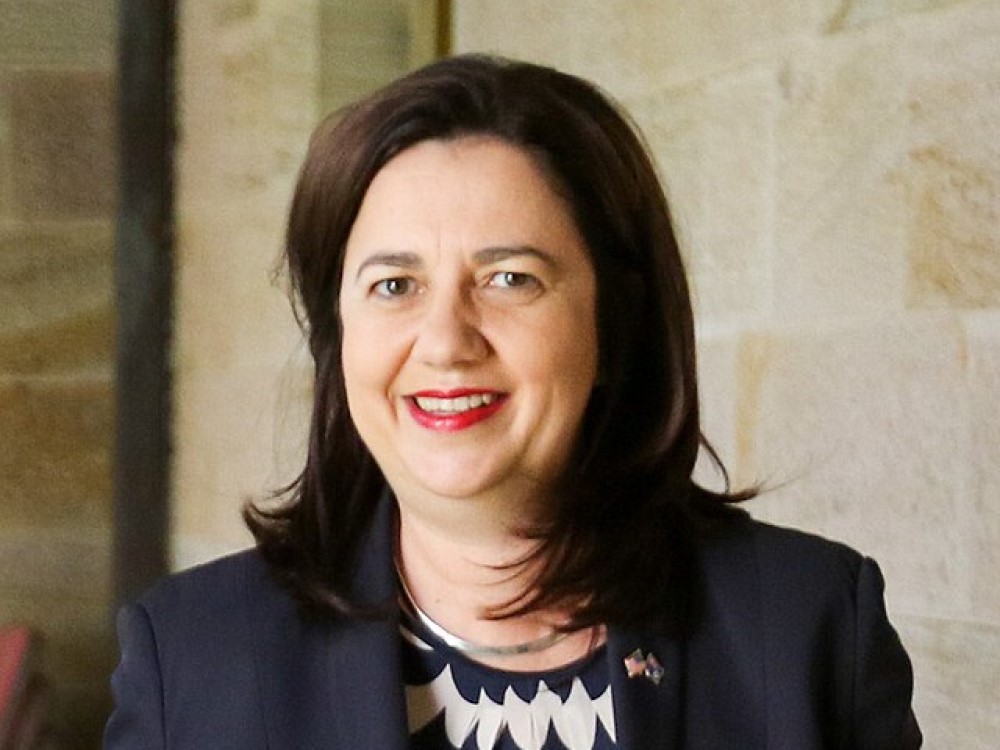
In the annals of Queensland's political history, Annastacia Palaszczuk stands as a trailblazer, breaking barriers and leading with distinction. Since assuming the role of Premier of Queensland in 2015, she has been a beacon of strength for the Labor Party. However, the tides of public sentiment have shifted, casting a shadow over her once unassailable leadership.
Palaszczuk's early administration was a resounding success, and she received widespread praise for her skillful handling of the COVID-19 crisis. Her popularity soared, with a remarkable 64% of Queenslanders endorsing her leadership in July 2020. Yet, as the years progressed, a series of integrity crises eroded her Teflon image, leaving her vulnerable.
By early 2022, allegations of impropriety surrounding the Crime and Corruption Commission's investigations and political interference in public service matters had taken center stage. The subsequent inquiries yielded unfavorable results, leaving Palaszczuk's leadership in jeopardy.
The narrative swiftly changed, portraying Palaszczuk as a "checked-out" premier more interested in socializing with celebrities than tending to the needs of her constituents. Accusations of neglecting policy matters gained traction, particularly in the face of pressing issues such as rising costs, a housing crisis, and strained healthcare facilities.
Perhaps the most damning blow came in the form of adolescent criminality and the controversial legislation allowing the indefinite detention of children in Queensland watch homes. Even within her own party, the dominant Left wing voiced opposition.
As calls for her resignation grow louder, the question of succession looms large. Three candidates emerge as contenders to fill Palaszczuk's shoes: Deputy Premier Steven Miles, Left-wing Health Minister Shannon Fentiman, and Labor Forum leader Cameron Dick. While Dick has long been considered a future premier, the dominance of the Left faction since 2015 makes Miles or Fentiman more probable successors.
The labyrinthine Labor leadership spill procedures will require a caucus ballot and input from grassroots members and unions. Palaszczuk's return from her holiday may herald the end of an era, with a single candidate poised to step into her role.
Whoever emerges as the next leader will face the daunting task of navigating a political landscape shaped by Palaszczuk's legacy. Her unexpected rise to power in 2015, toppling Campbell Newman's government, demonstrated the unpredictability of Queensland politics. Regional Queenslanders, in particular, resonated with her relatable approach.
As the Labor Party seeks a fourth term, the timing of this leadership change is pivotal. While challenges abound, dismissing a party that has been a dominant force in Queensland politics for the better part of three decades would be unwise. The evolving dynamics in the state promise a political landscape that is both unpredictable and ripe for transformation.
